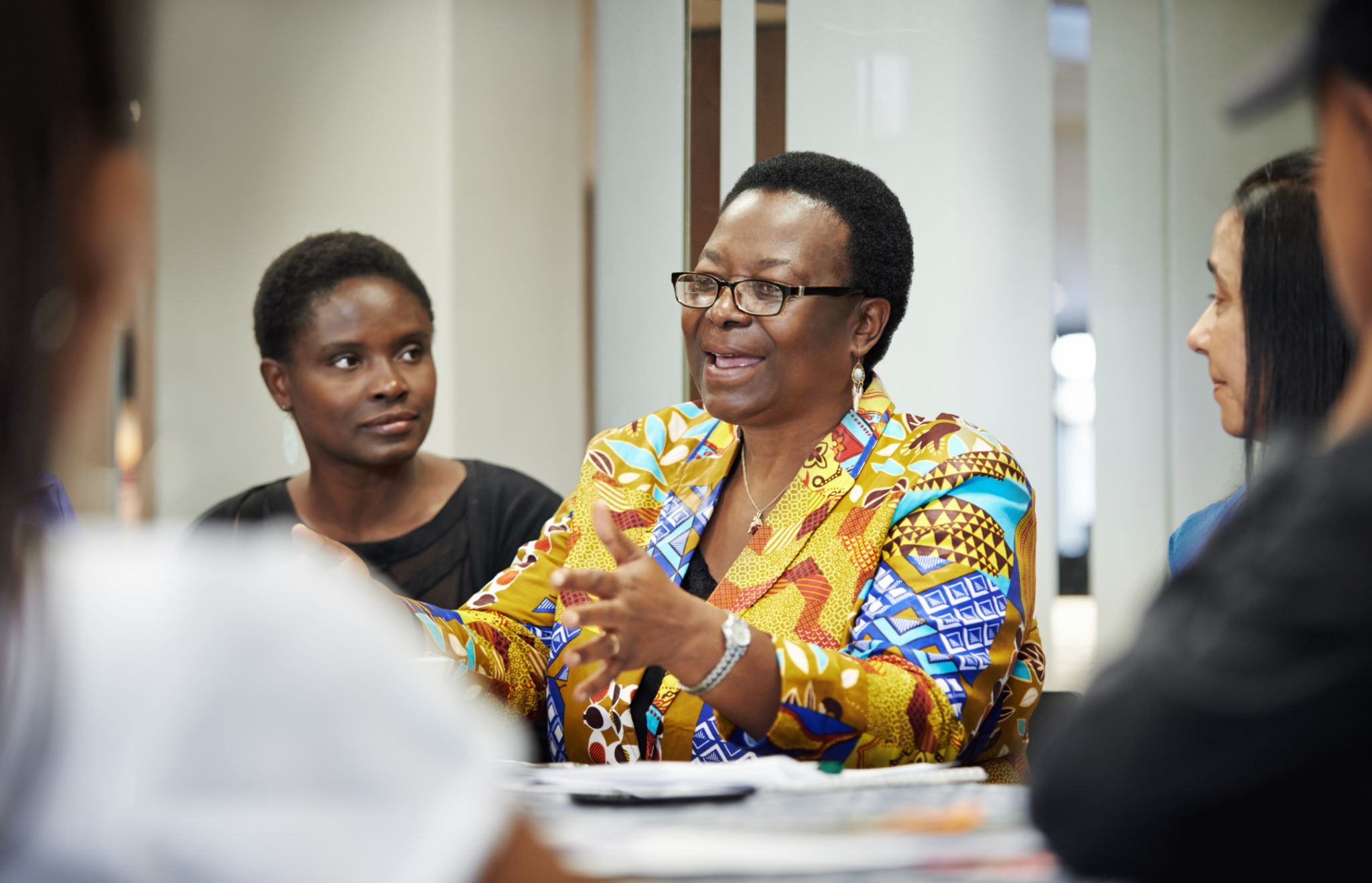Empowering African Communities: The Role of Fraternal Societies
Introduction to Fraternal Societies in Africa
Fraternal societies have long been a cornerstone of community development in Africa. These organizations, often rooted in shared values and goals, play a crucial role in fostering unity and providing social support. From traditional groups to modern associations, these societies offer a unique platform for empowering individuals and communities across the continent.

The Historical Context of Fraternal Societies
Historically, fraternal societies in Africa have served as structures for mutual aid and social welfare. They often originated from cultural practices that emphasized communal living and collective responsibility. These societies have evolved over time, adapting to changing social and economic landscapes while maintaining their core principles of solidarity and support.
In many African nations, these groups have been instrumental in addressing issues such as unemployment, education, and healthcare. By pooling resources and efforts, fraternal societies have been able to provide essential services and opportunities that might otherwise be unavailable to their members.
Empowerment Through Economic Initiatives
One of the primary ways fraternal societies empower communities is through economic initiatives. Many of these organizations engage in activities that promote financial independence and stability among their members. These initiatives often include:
- Microfinance programs that offer loans to small business owners.
- Cooperative businesses that provide employment opportunities.
- Skill development workshops that enhance employability.

Social Support and Networking
Apart from economic benefits, fraternal societies also offer invaluable social support. Members often find a sense of belonging and camaraderie within these groups, which can be critical in times of need. The social networks formed through these societies can lead to opportunities for personal and professional growth, as well as provide a safety net during challenging times.
These networks foster a spirit of collaboration and mutual assistance, encouraging members to share knowledge, skills, and resources. This collective effort not only strengthens individual members but also contributes to the overall resilience of the community.
Cultural Preservation and Identity
Fraternal societies also play a significant role in preserving cultural heritage and identity. Many of these organizations are deeply rooted in traditional customs and practices, serving as custodians of cultural knowledge. Through events, rituals, and educational programs, they pass on important cultural values to younger generations.

Challenges and Opportunities Ahead
Despite their successes, fraternal societies face several challenges. Limited resources and external pressures can hinder their ability to operate effectively. However, there are numerous opportunities for growth and development. By leveraging technology and forming partnerships with other organizations, fraternal societies can expand their reach and impact.
Moreover, increasing awareness about the benefits of these societies can attract more support from both local and international stakeholders. This support is vital for ensuring the sustainability of their initiatives and enabling them to continue empowering African communities.
Conclusion
Fraternal societies remain an essential part of Africa's social fabric, offering hope and support to countless individuals across the continent. By promoting economic empowerment, social cohesion, and cultural preservation, these organizations are paving the way for a brighter future. As they continue to evolve and adapt to new challenges, their role in empowering African communities will undoubtedly grow stronger.
